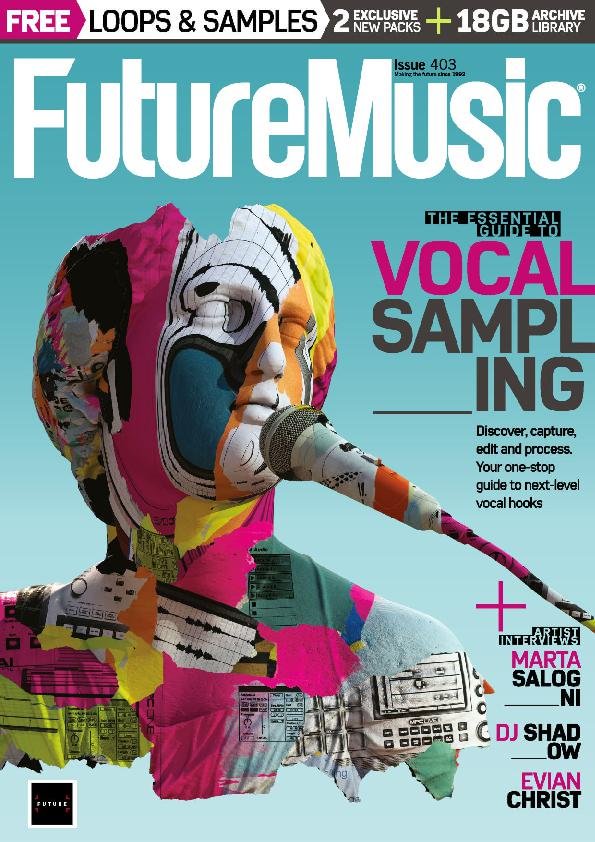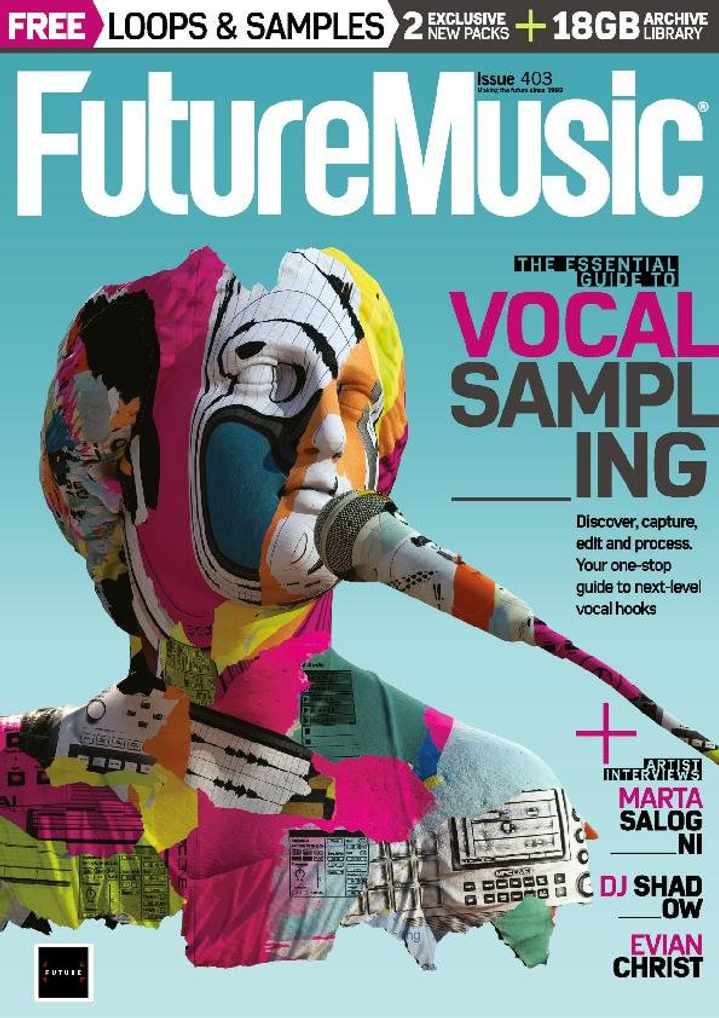When choosing between Melodyne and Autotune, it ultimately depends on your specific needs and preferences in pitch correction software. Melodyne is known for its versatile and precise pitch editing capabilities, allowing for detailed manipulation of vocals and other melodic elements.
Autotune, on the other hand, is highly regarded for its quick and intuitive pitch correction, popular in genres like pop and hip-hop. The decision between Melodyne and Autotune comes down to the level of control and flexibility you require in your vocal editing process.
Both have their strengths, and the best choice will depend on your individual workflow and desired outcome.
Comparison Of Features
Pitch Correction
Melodyne and Autotune both offer advanced pitch correction features, allowing for precise manipulation of individual notes within a recorded performance. Melodyne utilizes polyphonic pitch correction, which means it can correct the pitch of multiple notes simultaneously, whereas Autotune primarily focuses on monophonic correction, ideal for simple vocal tuning. The flexibility of Melodyne’s pitch correction is unmatched, giving users a more natural and transparent result compared to Autotune.
Time Correction
When it comes to time correction, Melodyne shines with its powerful time-stretching capabilities. Melodyne allows for seamless manipulation of timing and rhythm, making it an ideal tool for fixing timing issues in a performance without altering the original audio quality. On the other hand, Autotune provides basic time correction features, but it lacks the intricate control offered by Melodyne.
Vocal Effects
Both Melodyne and Autotune offer a range of vocal effects to enhance a vocal performance. However, Melodyne stands out with its comprehensive array of creative vocal effects, including formant shifting, harmonization, and modulation. These features enable users to explore unique vocal textures and embellishments. While Autotune does provide some vocal effects, it’s not as extensive or diverse as Melodyne’s offering.
Workflow And Ease Of Use
When it comes to workflow and ease of use, Melodyne excels in providing a user-friendly interface and intuitive workflow. Its visually oriented editing allows for effortless navigation and precise editing, making it suitable for both beginners and professionals. While Autotune offers a straightforward workflow, it can be less flexible and intuitive, especially when compared to Melodyne’s user-centered approach.

Credit: www.discountmags.com
Pros And Cons Of Melodyne
When it comes to pitch correction and audio editing, two popular tools stand out: Melodyne and Autotune. Each has its own set of benefits and limitations. In this section, we’ll delve into the pros and cons of using Melodyne, a powerful pitch correction software.
Benefits Of Using Melodyne
- Natural Sound: Melodyne offers natural-sounding pitch correction, preserving the original timbre and character of the audio.
- Note-based Editing: This software provides granular control over individual notes, allowing precise correction and manipulation of melodies.
- Flexibility: Melodyne enables users to tweak the pitch, timing, and dynamics of the audio, providing versatile editing options.
- Polyphonic Editing: It allows for polyphonic audio editing, making it a valuable tool for working with complex musical arrangements.
- Time-stretching and Formant Adjustments: Users can perform time-stretching and formant adjustments, expanding the creative possibilities for audio manipulation.
Limitations Of Using Melodyne
- Learning Curve: For beginners, Melodyne may have a steeper learning curve compared to some of its counterparts.
- Resource Intensive: Using Melodyne may require significant computational resources, especially when handling large, multi-track projects.
- Complexity for Basic Tasks: Simple pitch correction tasks might be more straightforward to accomplish using other, more user-friendly tools.
Pros And Cons Of Autotune
Autotune offers quick pitch correction, but may sound robotic. Melodyne provides more control and natural-sounding results. Choose based on desired effect.
Autotune has become a popular tool in the music industry, allowing artists to correct pitch and enhance vocal performances. However, like any technology, Autotune has its advantages and limitations. Let’s explore the benefits and drawbacks of using Autotune to better understand its impact on music production.
Benefits Of Using Autotune
Autotune offers several advantages that have revolutionized the way singers create music. Here are some of the key benefits:
- Improved Pitch: Autotune allows artists to achieve perfect pitch, ensuring that every note is in tune. This results in a polished and professional sound.
- Creative Freedom: With Autotune, singers can experiment with different vocal effects and styles without worrying about hitting every note perfectly. This flexibility gives artists the freedom to explore their creativity and push the boundaries of their vocal performances.
- Efficiency: Autotune saves time and effort by automating the pitch correction process. Artists can quickly fix minor vocal imperfections, eliminating the need for extensive retakes and reducing production time.
- Consistency: Autotune helps create consistency in vocal performances, allowing artists to maintain a uniform sound throughout a song or album. This ensures that the audience has a cohesive listening experience.
Limitations Of Using Autotune
While Autotune offers many benefits, it also has some limitations that are important to consider:
- Artificial Sound: Overuse of Autotune can result in an unnatural and robotic sound, stripping away the authenticity and emotion of a vocal performance. It’s crucial for artists to find the right balance and avoid excessive pitch correction.
- Dependency: Relying too heavily on Autotune can make artists less inclined to work on improving their vocal skills. It’s essential to view Autotune as a tool to enhance rather than replace talent.
- Overcorrection: Autotune can sometimes lead to overcorrection, altering the intended pitch and rhythmic variations, which can negatively impact the artistic expression and musicality of a performance.
- Perception: There is a perception among some listeners that Autotune is a shortcut to talent. This can result in skepticism and criticism from music enthusiasts who value authenticity and raw performances.
While Autotune has revolutionized the music industry and enabled artists to achieve flawless vocal performances, it is crucial to use it judiciously and in moderation. Ultimately, it’s essential for artists to strike a balance between the benefits Autotune offers and preserving the natural artistry of their craft.

Credit: www.discountmags.com
Choosing The Best Vocal Editing Tool
When it comes to vocal editing tools, Melodyne and Autotune are popular choices. Each has its own strengths and features, making it essential to consider various factors to determine which one is best suited for your needs.
Factors To Consider:
- Accuracy of pitch correction
- Flexibility in editing capabilities
- Integration with digital audio workstations
- Real-time processing performance
Personal Preferences:
Personal preferences play a significant role in the decision-making process. It’s essential to consider your own workflow and editing style when choosing between Melodyne and Autotune.
Preference Of Professionals:
Professionals often have specific preferences based on their experience and the demands of their projects. The preference of industry professionals can provide valuable insight into which vocal editing tool may be best suited for your needs.

Credit: www.youtube.com
Frequently Asked Questions On Melodyne Vs Autotune Which Is Best
Which Is Better, Melodyne Or Autotune For Pitch Correction?
Melodyne excels in natural sound manipulation while Autotune is known for its digital precision. The choice depends on the desired outcome and user preference.
Can Melodyne And Autotune Be Used Together For Vocal Editing?
Yes, combining Melodyne and Autotune can enhance vocal editing results. Melodyne offers detailed pitch control, while Autotune provides real-time automatic correction.
How Does Melodyne Differ From Autotune In Terms Of User Interface?
Melodyne’s interface allows for precise manual pitch adjustments, whereas Autotune offers a more automated approach with real-time tuning capabilities.
What Are The Key Features Of Melodyne And Autotune For Music Production?
Melodyne provides polyphonic pitch editing and timing adjustments, while Autotune offers automatic pitch correction and formant control for vocals.
Conclusion
When deciding between Melodyne and Autotune, it ultimately comes down to personal preference and specific needs. Melodyne excels in natural-sounding pitch correction and advanced editing capabilities, while Autotune offers a more standardized and polished sound. Both plugins have their strengths and weaknesses, so it’s crucial to consider factors like budget, desired outcome, and user-friendliness before making a choice.
No matter which plugin you choose, both Melodyne and Autotune are powerful tools that can take your music production to the next level.